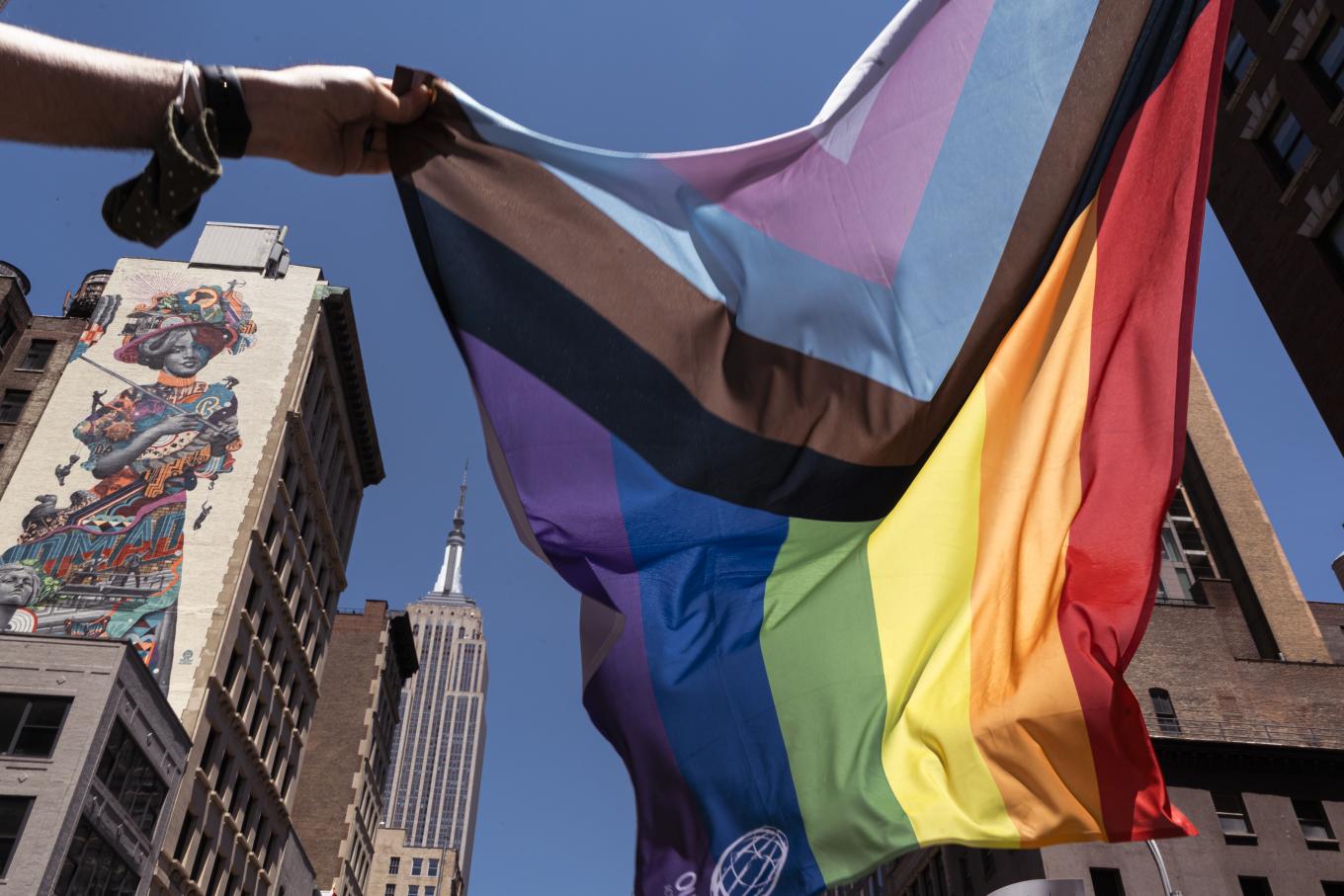
Country Overview
Tanzania
At a glance
Same-sex Relations for Men Legal Throughout the Country?
Same-sex Relations for Women Legal Throughout the Country?
Legal Gender Recognition Possible?
LGBTI Orgs Able to Register?
View more for this country:
In recent years, the state of LGBTIQ people’s human rights in Tanzania has rapidly deteriorated. Tanzania’s colonial-era Penal Code, under sections 154 and 155, makes consensual same-sex relations punishable with imprisonment of, in some cases, over 30 years. The law is actively enforced. The government began a concerted crackdown on LGBTIQ people in July 2016, and the situation has only worsened since then. Openly homophobic and transphobic statements are regularly made by government officials. LGBTIQ non-governmental organizations and human rights defenders have been threatened Under Tanzania’s restrictive censorship laws, and LGBTIQ human rights defenders have been arrested. In 2018, a Regional Commissioner publicly announced the establishment of a team of officials and police to find and arrest LGBTIQ individuals and called on Tanzanians to support this effort by reporting LGBTIQ persons to the authorities. Same-sex relations are also criminalized in the semi-autonomous area of Zanzibar. Section 150 of the criminal code, related to “unnatural offenses,” prescribes 14 years in prison, section 153 specifically criminalizes same-sex relations between women and section 154 criminalizes gross indecency. Societal acceptance is extremely low, LGBTIQ topics are highly taboo and LGBTIQ identities are considered un-African and immoral. These beliefs result in widespread discrimination and violence towards LGBTIQ Tanzanians at the hands of private individuals. This is exacerbated by political and religious hate speech and persecution of LGBTIQ people by authorities.
Global Impact
Sub-Saharan Africa
Outright supports LGBTIQ organizations in Sub-Saharan Africa and works with mainstream human rights organizations to respect human rights and influence positive changes in laws, policies, attitudes and beliefs that cause discrimination against LGBTIQ people.
United Nations
Our work at the United Nations centers around advocating for the advancement of the rights of LGBTIQ people.
View this regionAsia
Our work in Asia promotes acceptance of sexual and gender diversity at all levels of society.
View this regionSouthwest Asia and North Africa
In the Southwest Asia and North Africa, we partner with local groups in various countries as part of our international solidarity work. We also work with our local partners on different topics through capacity building, advocacy, research and holistic security.
Europe and Central Asia
Outright International partners with activists to fight for an end to human rights violations based on sexual orientation, gender identity and gender expression in Europe and Central Asia, where most of our work involves emergency responses to harassment, discrimination, violence, and most recently, Russia’s brutal and expanded invasion of Ukraine.
Americas
Our work in the Americas continues to build on the fundamental and positive transformation of human rights protections in recent years. We partner with groups in the Caribbean that focus on ending gender-based violence and eradicating discrimination against trans people.
Pacific
Our work in the Pacific aims to increase the visibility of activists, respond to human rights emergencies, and actively bridge local, regional, and international activism to achieve equality and justice.
Global
View this region
Human Rights Research
Since 1990, we have partnered with activists from all over the world to produce hundreds of groundbreaking reports.
Read Our Reports